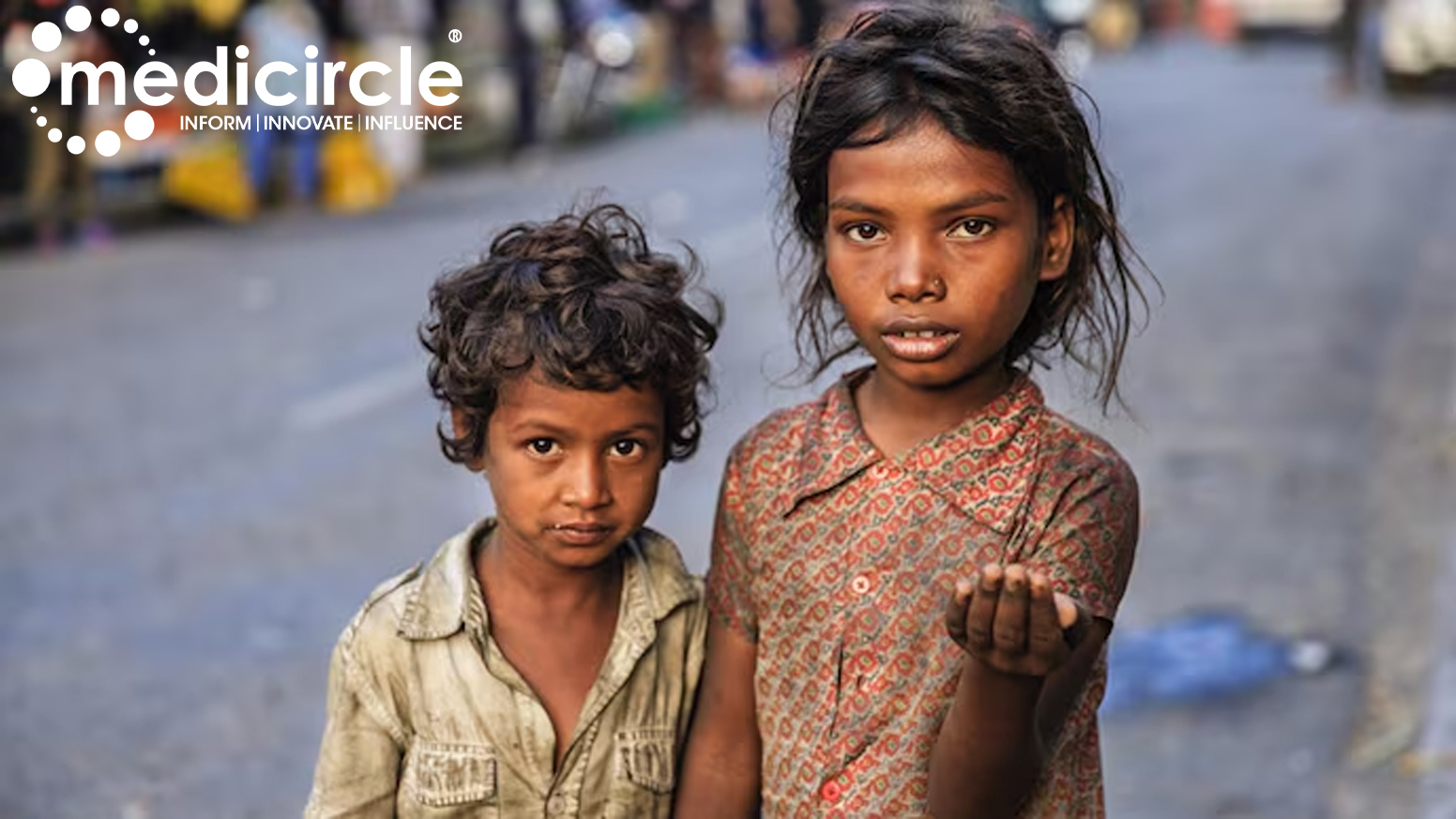In a recent study conducted by Harvard researchers and published in the JAMA Network Open, alarming findings shed light on the prevalence of zero-food children in India. This term refers to children between 6 and 23 months old who have not consumed any milk, formula, or food in the last 24 hours. With India accounting for almost half of all zero-food children among the 92 countries included in the study, urgent action is needed to tackle this critical issue.
The study revealed that India had the largest number of zero-food children, totaling 6.7 million. This statistic highlights the critical issue of access to sufficient nutritious food among children in India, comparable to the prevalence rates observed in West African nations like Guinea, Benin, Liberia, and Mali.
The term 'zero-food children' refers to children aged between 6 and 23 months who have not consumed food in the last 24 hours. The study analysed data from 276,379 children across 92 low and middle-income countries, providing comprehensive insights into the global landscape of childhood malnutrition.
Malnutrition among children in low and middle-income countries persists due to various socioeconomic and environmental factors, making it a significant public health concern worldwide. Despite efforts to improve nutrition and food security, many children continue to face challenges in accessing sufficient nutritious food.
The findings of the Harvard study underlines the urgent need for targeted interventions to address infant and young child feeding practices and ensure optimal nutrition during this critical period of development. This is particularly crucial in regions like West and Central Africa and India, where the prevalence of zero-food children is alarmingly high.
Efforts to combat childhood malnutrition must focus on several key areas, including:
1. Improving Access to Nutritious Food: Initiatives aimed at increasing access to affordable and nutritious food, especially for vulnerable populations, are essential. This includes promoting breastfeeding and complementary feeding practices that meet the nutritional needs of infants and young children.
2. Enhancing Health and Nutrition Education: Educating caregivers about the importance of proper nutrition and feeding practices is crucial. Providing guidance on breastfeeding, introducing complementary foods, and ensuring a diverse and balanced diet can help prevent malnutrition and its associated health consequences.
3. Strengthening Healthcare Systems: Investing in healthcare infrastructure and services is vital for delivering essential nutrition interventions to children and families. This includes providing access to healthcare facilities, trained healthcare professionals, and essential nutrition services.
4. Addressing Socioeconomic Determinants: Addressing underlying socioeconomic factors, such as poverty, food insecurity, and inadequate access to healthcare and sanitation, is essential for tackling childhood malnutrition comprehensively. Social protection programs and policies that address these determinants can help alleviate the burden of malnutrition on vulnerable populations.
5. Promoting Multisectoral Collaboration: Collaboration across sectors, including health, nutrition, agriculture, education, and social welfare, is essential for implementing effective strategies to combat childhood malnutrition. By working together, stakeholders can leverage their expertise and resources to address the complex factors contributing to malnutrition.
In conclusion, the findings of the Harvard study highlight the urgent need for concerted efforts to address childhood malnutrition, particularly in countries like India with high prevalence rates of zero-food children. By prioritizing interventions that promote optimal nutrition and feeding practices during the critical early years of life, we can improve the health and well-being of children and pave the way for a healthier future generation.

 The findings of the Harvard study highlight the urgent need for concerted efforts to address childhood malnutrition, particularly in countries like India with high prevalence rates of zero-food children.
The findings of the Harvard study highlight the urgent need for concerted efforts to address childhood malnutrition, particularly in countries like India with high prevalence rates of zero-food children.










.jpeg)








.png)
.png)

.png)
.png)
.png)

.png)
.png)
.png)

.png)
.png)